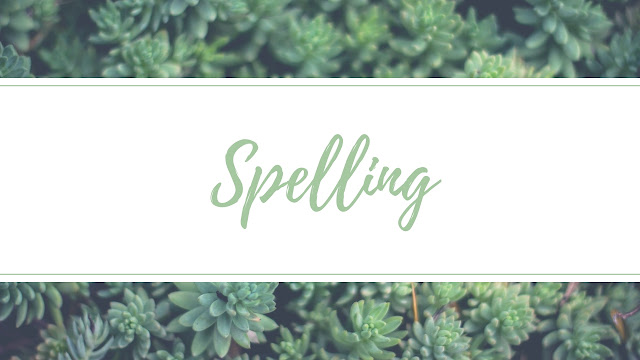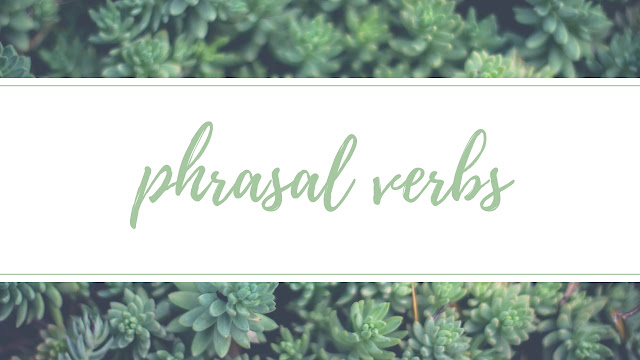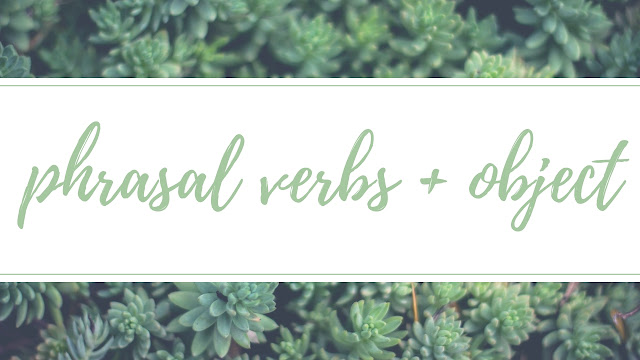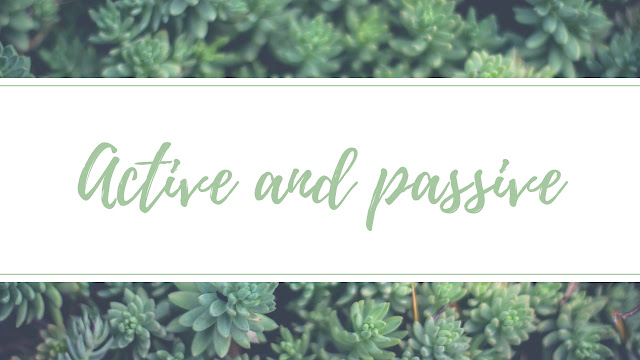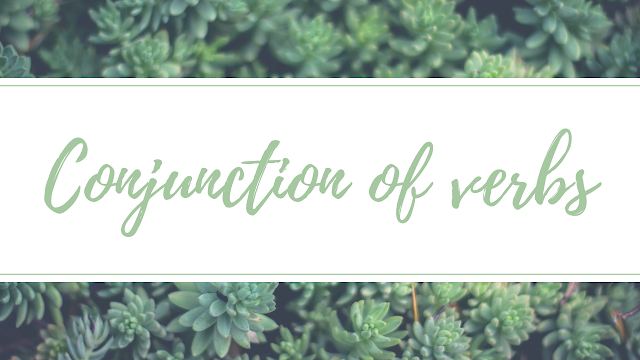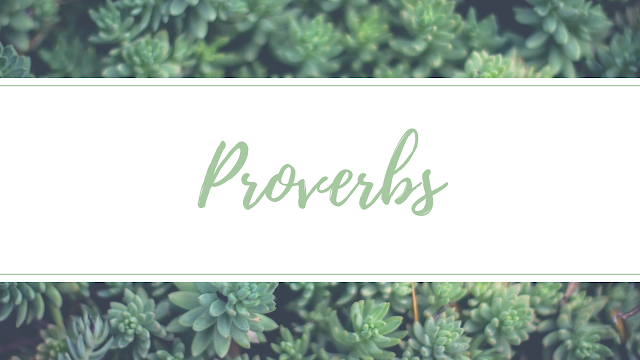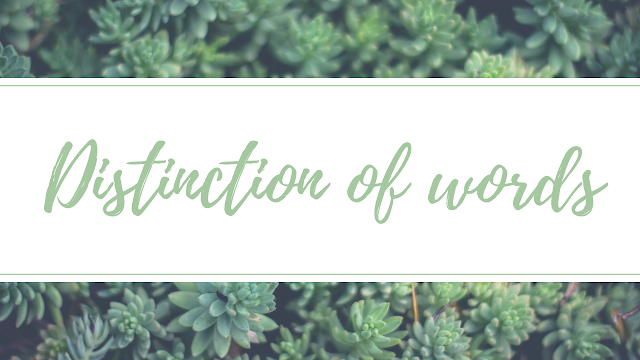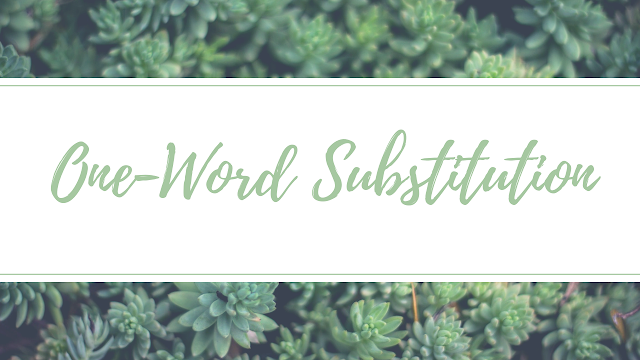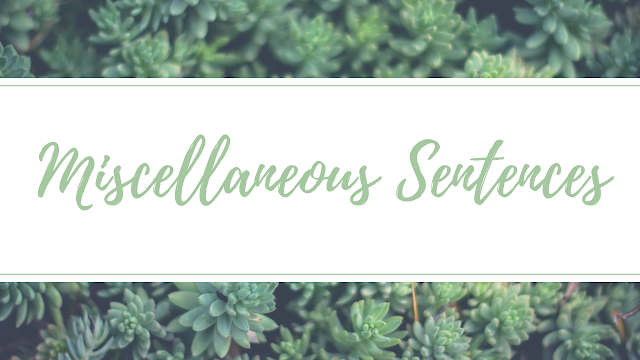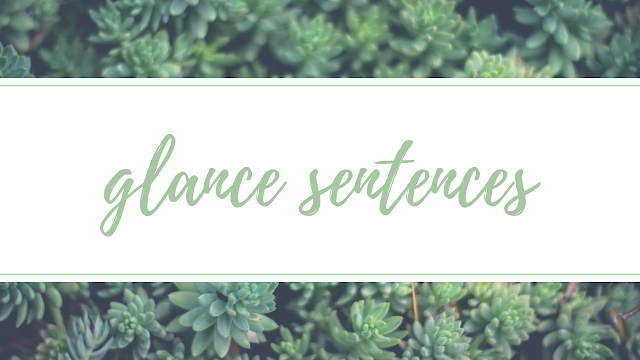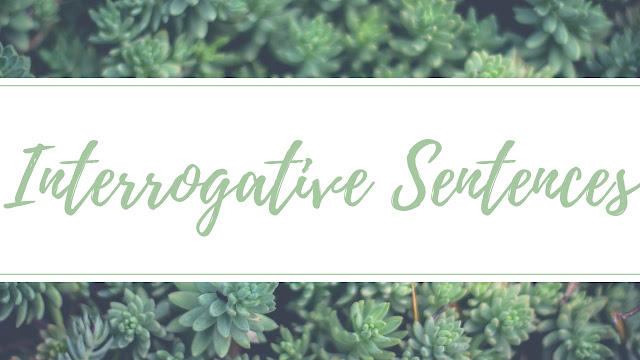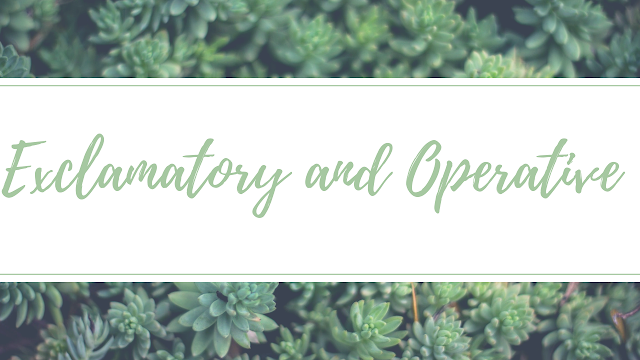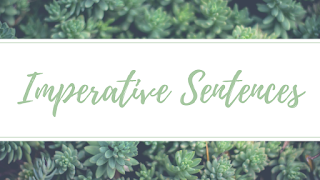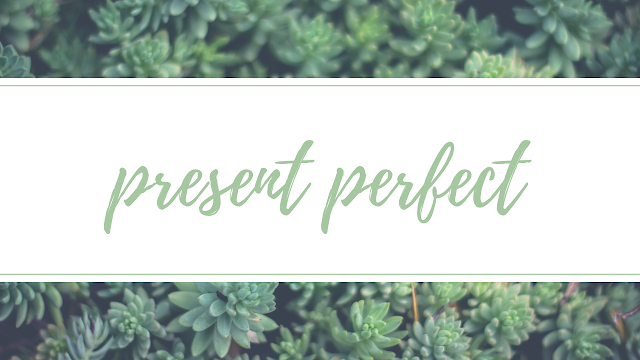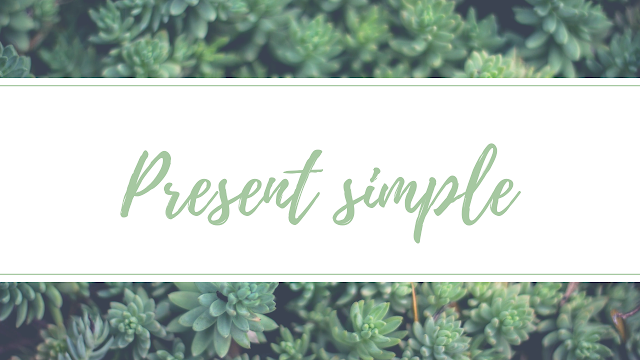Spellings
Spelling
1. Words + -s and es (birds/watches etc.)
Noun + s(plural)bird-birds
mistake - mistakes
hotel - hotels
verb + s(he/she/it-s)
think - thinks
live - lives
remember - remembers
+es after -s/ -sh/ -ch/ -x:
bus - buses
pass - passes
address - addresses
dish - dishes
wash - washes
finish - finish
watch - watches
teach - teaches
sandwich - sandwiches
also
potato - potatoes
tomato - tomatoes
do - does
go - goes
-f/ -fe/ -ves:
shelf - shelves
knife - knives
roof - roofs
2. Words ending in -y (baby-babies/ study-studied etc.)
-y - iesstudy - studies
story - stories
try - tries
city - cities
marry - marries
baby - babies
fly - flies
-y - ied
study - studied
try - tried
marry - married
copy - copied
-y - ier/-iest
easy - easier/ easiest
happy - happier/ happiest
heavy - heavier/ heaviest
lucky - luckier/ luckiest
funny - funnier/ funniest
-y - ily
easy - easily
happy - happily
lucky - luckily
heavy - heavily
y does not change i if the ending is -ay/ -ed/ -oy/ -uy:
holiday - holidays
enjoy - enjoys/enjoyed
stay - stays/stayed
buy - buys
key - keys
but
say - said
pay - paid
3. -ing
verbs that end in -e (make//write/drive etc.) - ing:make - making
write - writing
come - coming
dance - dancing
verbs that end in -ie - -ying
lie - lying
die - dying
tie - tying
4. Stop - stopped, big-bigger etc.
vowels and consonants:
vowel letters: a e i o u
consonant letters: b c d f g h j k l m n p q r s t w x y z
Sometimes a word ends in a vowel + a consonant. for example: stop, big, get.
before -ing/ -ed/ -er/ -est, the consonant at the end (-p/-g/-t etc.) is doubled' (-pp-/-gg-/-tt-etc.)
for example:
stop STOP p-pp stopping stopped
run RUN n-nn running
get GET t-tt getting
swim SWIM m-mm swimming
big BIG g-gg bigger biggest
